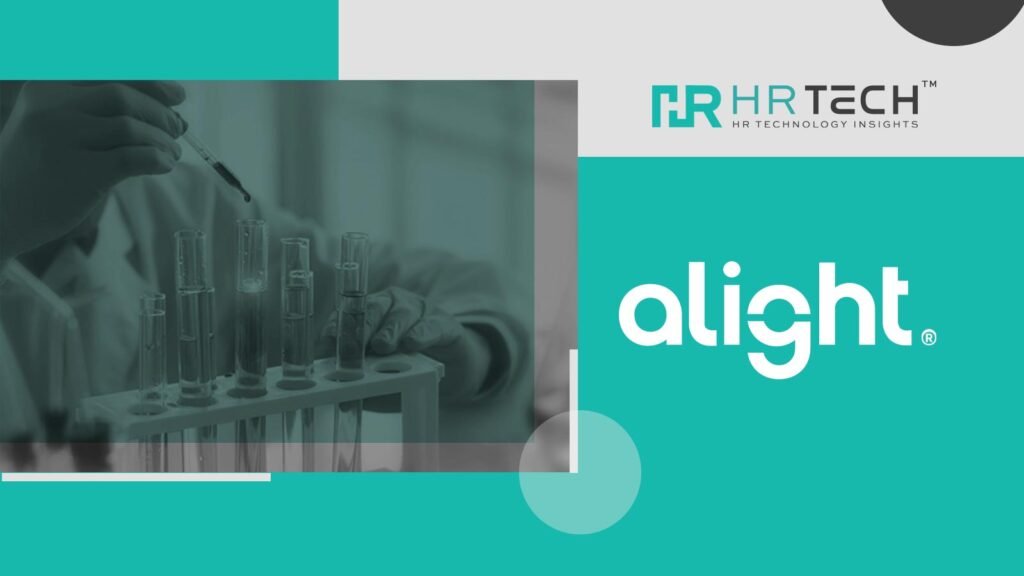From “Thank You” to Thriving: A Deeper Look at How Recognition Amplifies Wellbeing, a new report from Workhuman and Gallup, demonstrates the importance of employee recognition in both the personal and professional life of employees as well as how effective it is for leaders in reviving wellbeing. Employees with high wellbeing are more likely to be informed they are top performers, feel that their compensation is fair, and are less likely to be actively looking for new opportunities, according to a large-scale investigation by Workhuman and Gallup spanning hundreds of firms and thousands of teams. Contrarily, people who report low wellbeing acknowledge that they are less likely to be regarded as top performers, less likely to believe that their compensation is fair, and more likely to be actively looking for new employment.
This investigation unequivocally shows the link between strategic recognition, performance, and workers’ well-being.
Additional data analysis reveals how employee experiences in all three categories can be predicted by a mix of different levels of wellbeing and strategic recognition. In fact, the findings indicate that rewarding strategic recognition experiences can mitigate the negative effects poor wellbeing has on workers’ performance, perceptions of pay equity, and propensity to look for a new job. In other words, acknowledgment is even more important for those who are struggling or suffering in their life.
Employees who have poor wellbeing are 12 percentage points less likely than the average employee (42% vs. 54%) to be informed they are a top performer when it comes to performance in the United States. Despite this, Workhuman and Gallup discovered that 70% of the time when struggling employees have excellent strategic recognition experiences, they are informed they are top performers. When compared to their colleagues who had better recognition experiences, employees who were generally happy with their lives but had negative recognition experiences were substantially less likely to be top performers. Compared to 74% of flourishing employees overall when recognition is not taken into account, just 44% of thriving employees with negative recognition experiences have been told they are a high performance.
Only 31% of American workers, according to the Workhuman-Gallup research, firmly think that their wage is fair. However, those who report feeling well-paid do so at a much higher proportion (60%) than do those who report struggling or being underpaid (30% and 18%, respectively). Regardless of their degree of wellbeing, employees are more likely to believe that their compensation is fair if they receive excellent strategic recognition. According to the survey, employees at all wellbeing levels who have had positive strategic recognition experiences strongly believe that their pay is fair at least 63% of the time. The study’s finding that just 6% of workers who feel they are paid fairly but who have had negative recognition experiences are generally happy highlights the importance of acknowledgment.
A culture of recognition can cut turnover costs at a 10,000-person firm with an already engaged workforce by up to $16.1 million, according to earlier Workhuman and Gallup study. Turnover is highly expensive. In this recent poll, 50% of workers indicated that they were actively hunting for work. Additionally, 75% of workers who had negative experiences with their wellbeing and recognition were looking for work. Despite this, the study found that attrition can be reduced with the use of targeted recognition. Only 40% of employees are actively seeking for or monitoring job opportunities when their wellbeing is hurting but they are receiving excellent strategic recognition.
According to Ed O’Boyle, global practice leader at Gallup, “this analysis clearly demonstrates the connection between strategic recognition, performance, and employees’ wellbeing.” “Recognition enhances perceptions of their performance and protects top performers from leaving, whether an employee is thriving, struggling, or suffering in their wellbeing.”
Through the Workhuman Cloud, a secure SaaS platform that offers the sector’s best-in-class Social Recognition solution, Workhuman is assisting businesses in addressing today’s major human capital concerns, such as unparalleled turnover, employee engagement, hybrid work environments, and DEI. Workhuman is revolutionizing how employees celebrate, connect with, and value each other at work as the top global provider of technology solutions, analytics, expertise, and services assisting organizations of all sizes build and foster workplace cultures powered by employee recognition and crowdsourced feedback. We provide HR (Human Resources) and business executives with proactive insight to understand challenges as they emerge and tools to assist them make the correct decisions to connect corporate objectives and culture to achieve immediate effect, in addition to unmatched data through Workhuman iQ. Workhuman is dedicated to creating more interconnected, human-centered workplaces that value and maximize the potential of each and every employee. These workplaces will have access to world-class award redemption through our private, worldwide network.
Workhuman has been a leader in the human workplace for more than 20 years. To improve the employee experience at work, Workhuman has disrupted legacy and out-of-date HR approaches with solutions that engage with about 7 million customer employees in 180 countries and 30+ languages, resulting in 100 million instances of human connection. Workhuman, which has dual headquarters in Framingham, Massachusetts, and Dublin, Ireland, provides solutions and services at scale and is dedicated to assisting businesses in increasing returns on their most crucial investments.



